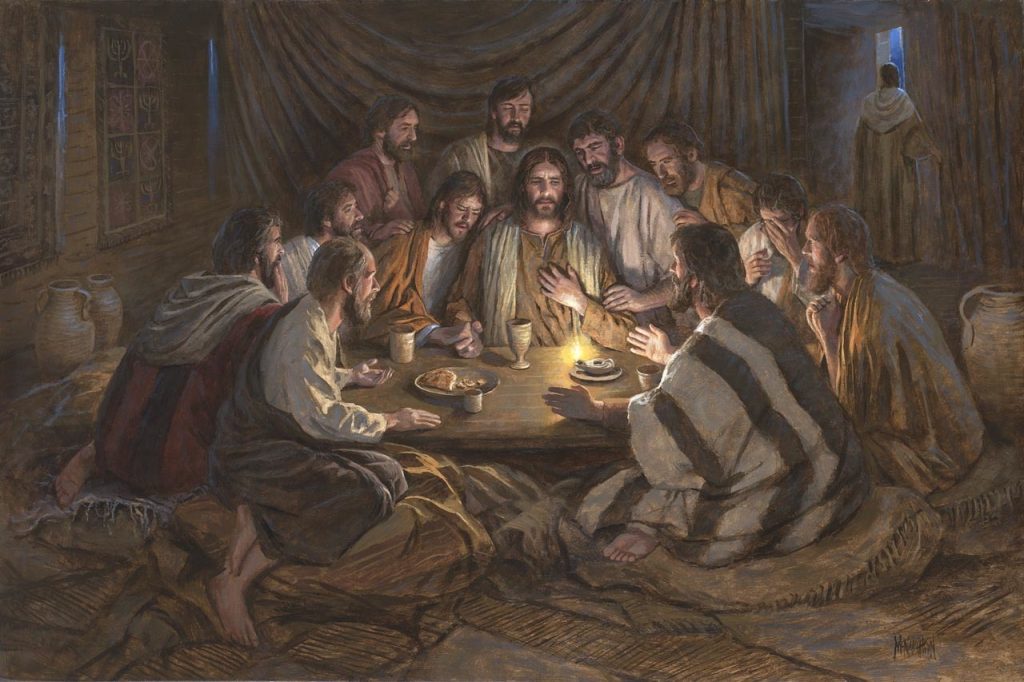

Understanding the Eucharist
Co-Creators and Stewards of God’s Creation
Christians’ respect and care for the earth and all its creatures derives principally from the first chapter of the Book of Genesis.
This chapter describes God as creator of the whole universe, a process in which humans are invited to participate as co-creators and stewards of God’s creation. To be human, therefore, is to have the privilege of being a co-creator with God, but also the responsibility of respectful care for God’s gifts, which are to be shared by all.
“Integral human development is closely linked to the obligations which flow from man’s relationship with the natural environment. The environment must be seen as God’s gift to all people, and the use we make of it entails a shared responsibility for all humanity, especially the poor and future generations” (Pope Benedict XVI, 2010).
The current ecological crisis is a moral crisis facing all of humanity.
“The ecological crisis is a moral issue… Respect for life and for the dignity of the human person extends also to the rest of creation… we cannot interfere in one area of the ecosystem without paying due attention both to the consequences of such interference in other areas and to the well-being of future generations” (Pope John Paul II, 1990).
Respect for nature and ecological responsibilities are key aspects of the Catholic faith. We are to ensure that the integrity of creation is upheld. We are to nurture a new global solidarity, which includes solidarity with the natural world in all its diversity – animals, plant life and the earth itself.
As humanity has become aware of the conditions that threaten the world’s environment, and as communities have begun crafting solutions to environmental problems, a growing body of Catholic theology and social teaching has emerged to address environmental concerns. This theology and teaching can only be understood in light of long-standing Catholic traditions concerning creation, redemption, and the role of humanity in these processes. The Catholic tradition shows that humanity has a unique set of responsibilities. It is essential, for example, that we respect creation and exercise stewardship over it.
Saint Francis of Assisi is the patron saint of animals and ecology; known for his love of creation and its Creator. St Francis, like today’s environmentalists, saw himself as part of the ecosystem, not as a proud master over and above it. He addressed creatures as ‘sisters’ and ‘brothers’, as his equals, not as subjects to be dominated. He saw himself as a simple servant and caretaker of creation. We should likewise see ourselves as stewards within creation, not as being separate from it.
http://www.togetheratonealtar.catholic.edu.au/live/dsp-content.cfm?loadref=88
#ExpectGreatThings


© Infant Jesus School 2017
17 Smith St, Morley WA 6062
Tel: (08) 9276 1769 | Fax: (08) 9276 2998
Website by Chameleon Logic








